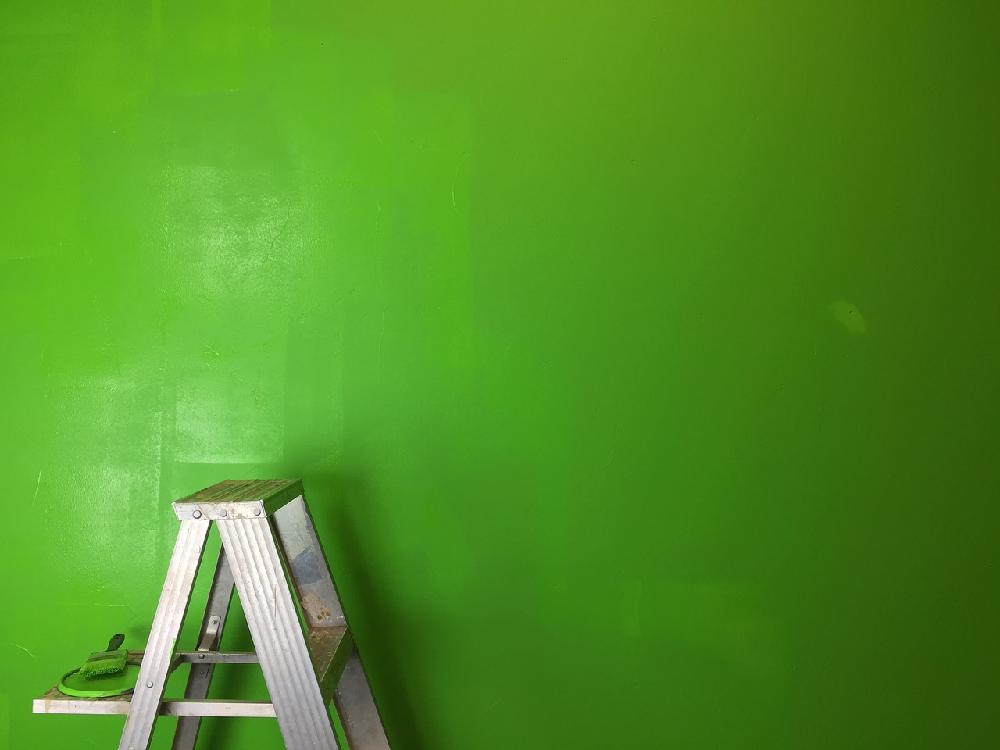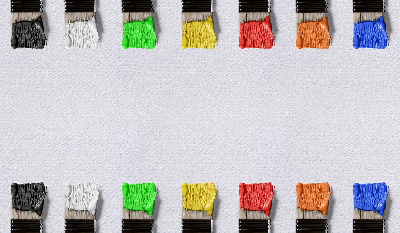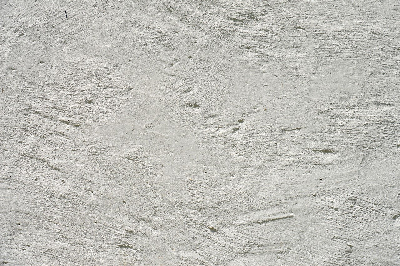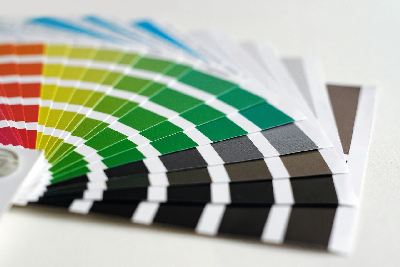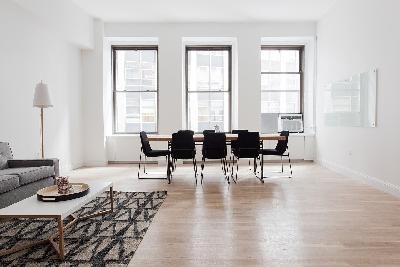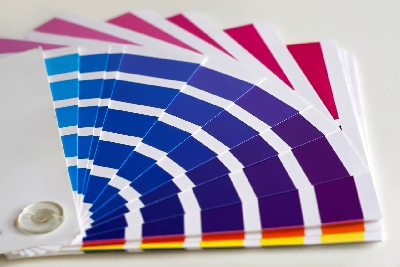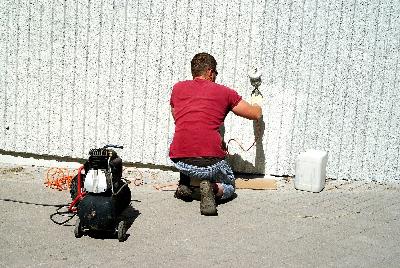Are you planning to paint the exteriors or interiors of the house on your own? Our tips may help you achieve better effects. Check how to deal with preparing the walls and choosing the materials. We advise how to avoid committing the most common mistakes in painting.
Painting and decorating of exteriors or interiors is not as easy as it may seem at first glance. If you are convinced that it only requires putting a fresh layer of paint and waiting for it to dry, you could not be more wrong. Painting is a process that requires both practical knowledge and proper preparation. Without it, it is really challenging to achieve satisfying results that will last for long.
So, what should you have in mind when painting the exteriors and interiors? Here are some tips that you may find helpful.
#1 Examine the wall before working on it
That applies particularly to cases in which you have purchased the house or apartment recently and do not know much about its history. It may turn out that the wall has already at least a few layers. If you add another one, the paint may quickly start flaking off. This way, you will have to repeat the whole process within some months.
#2 Sand the wall before painting
That is the first step you should take to prepare the wall. At the beginning of the process, it is easier to damage the walls because the surface is more uneven. Thus, remember to start with the lower grade sandpaper and finish off with the higher. You will achieve the best effects by doing circular movements.
#3 Clean the wall before painting
Skipping the cleaning will decrease the level of adhesion of the paint. And that equals lower durability. Cleaning is an integral part of the preparation process.
#4 Don't ever paint over the mold
Humid spaces are a perfect environment for mould to develop. If you have noticed the mould on the wall, do not simply paint over it. This way, it will appear again soon, covering the fresh layer and forcing you to take different measures.
Instead, scrub off the mould stains from the walls. After you are done, it is time to use an antifungal product or bleach mixed with water. Apply it on the surface with the brush, and then wait for it to dry. Remember to use it on the whole wall, not only where the mould appeared. The spores may already be in different places.
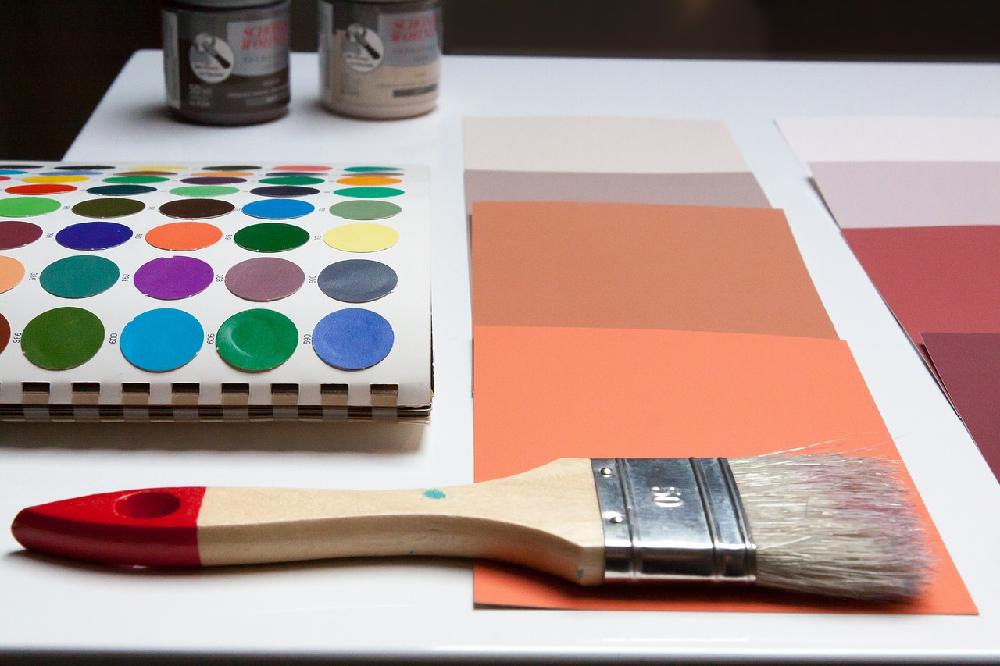
#5 Use a primer
The primer will help you with preparing the wall for the paint. You can use it to make the surface smoother and refill the little cracks. This way, the effect will be more durable and uniform. Note that a primer can also make the colour of the paint more vivid. If you apply it, you can count on the shade that corresponds to the one at the label.
You can either buy a primer separately or invest in a 2in1 paint that contains it already. With the second solution, you will obviously save some time, but the overall cost may be higher.
#6 Take the temperature into account
When painting the interiors, this factor does not matter that much. However, in the case of exterior painting, choosing the right time is crucial. Generally, you should not paint when the temperature outside goes down below 2 degrees Celsius.
In such conditions, the paint takes a very long time to dry. Too high temperatures will not do well either. If the temperatures reach 30 degrees Celsius, the paint dries up too fast. This way, it does not adhere properly. As an effect, your walls may quickly get cracked.
The best time to paint is when the temperatures are moderate, in between 10 and 25 degrees. Remember to pay attention also to humidity. If the weather forecast previses rain, you should rather avoid painting in these days. The paint will take longer to dry in these conditions, and you will find it more challenging to work.
#7 Choose the materials wisely
Paint is generally a more popular choice than wallpaper. However, in some cases, the second variant may be more beneficial. The wallpapers are more expensive and require more time and effort to achieve a good effect. Nevertheless, they are definitely more durable than paint.
For the best effects, hire a skilled team. The knowledge and experience of professional painters and decorators in London cannot be replaced!
